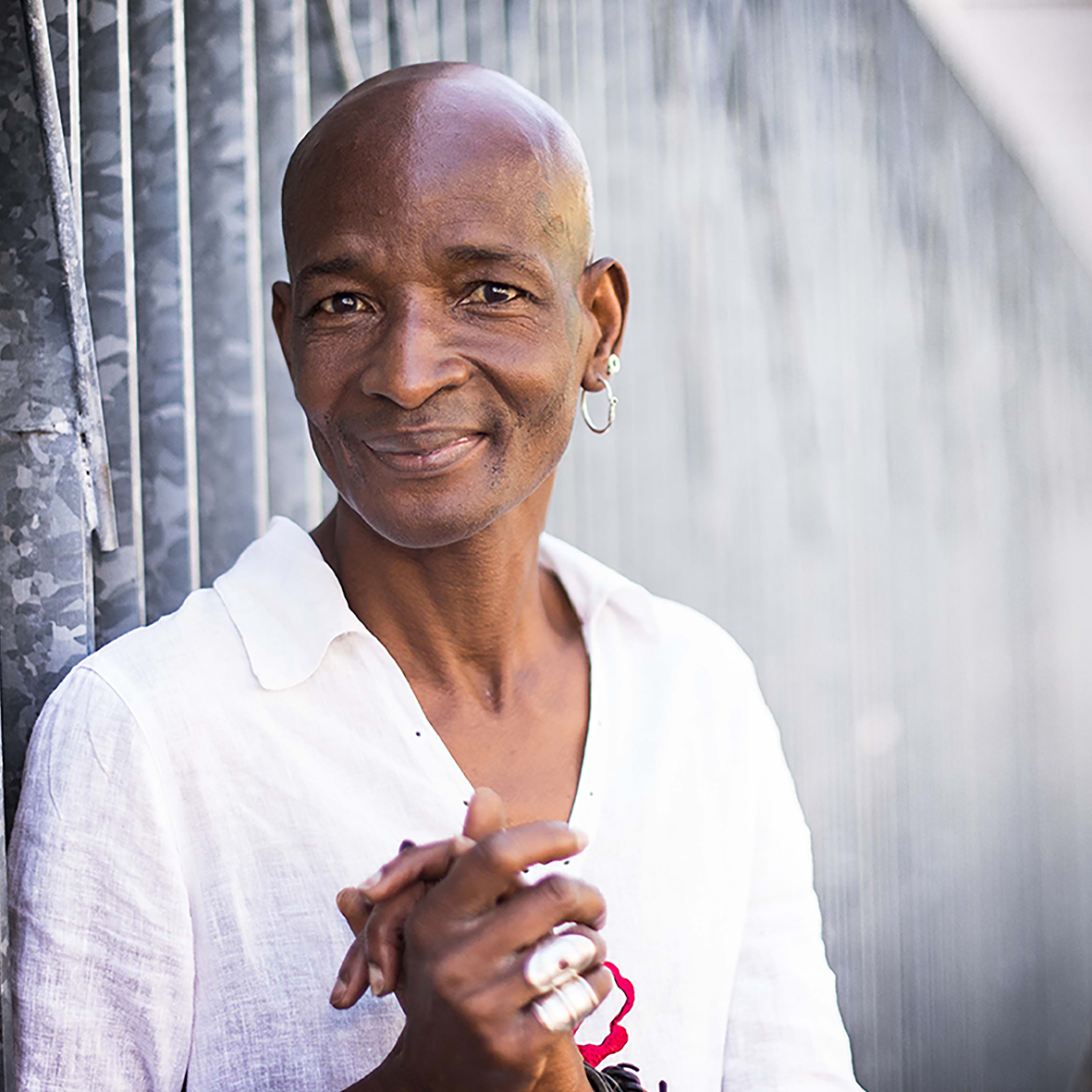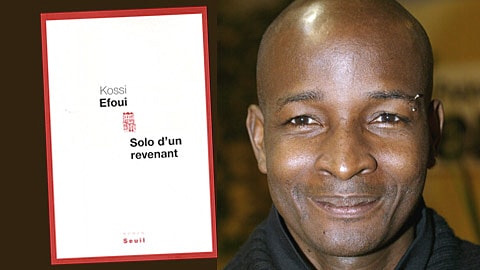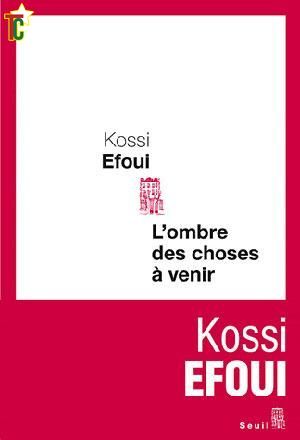


Throughout the novel, the “Revenant” feels as if he were on a boat leaving the bank and at the same time standing on the shore looking at the departing boat. Even trials can’t offer justice, as witnesses retract or disappear, and judges can be bought. Some hire private investigators to find lost ones and the same who also turn into hired killers when the customer prefers revenge. The government constantly celebrates peace and reconciliation, but people are still traumatized by the war and can’t forget or forgive. He comes back alone, and lonely, and people around him are shady and tragic: Maïs (Corn in English), the child-soldier who can answer to any need and even teach you how to use a gun, Xhosa-Anna, a woman who wears a wedding gown, Marlene, an aid worker whose NGO has left the country and left her behind. Actually we can’t be sure whether the narrator is alive, but like the ghost he might be, he has come back to understand how his friend Mozaya died and to take revenge on another friend, Asafo Johnson, who probably was an accomplice in the genocide (of this we’re not sure either). But “Revenant” is also a ghost, returning from death. We never know where this fictitious town is, but strong allusions to the Tutsi genocide could put it in Rwanda, but there were so many other conflicts in this continent. His hometown, on the wrong side of the checkpoint, has witnessed civil war and massacre. “Revenant” has a double entendre: it’s a returnee, a man who comes back to South Gloria, his hometown after ten years being a refugee in the peacekeeping zone of North Gloria. In Henry James the turn of screw was for fear and horror, and in this book it’s about the same, except that facts behind the story are only too real. It sounds “African” to my ears, because of the rhythm, the drumming of repetitions, the way worlds come again and again with an added layer every time, like the “turn of screw”. He’s a playwright and a theater director, and you can see how circumspect he is with gestures and words. I love the way Kossi Efoui uses French in a poetic way. “Solo d’un Revenant”: I need explain the title because language and words are very important in this book. A challenging book I won’t forget anytime soon, dealing with mass murder and its consequences.


I entrusted my fate to chance, and chance gave me a book from Togo. It’s pretty normal for challenges to be challenging, right? If you were 100% sure to find the book you expected when taking a reading challenge, that would soon be a bore, right? Global Voices Challenge defied me (at least, I took it personally) to try a book from a country I never read anything about, in honor of UNESCO World Book Day today.


 0 kommentar(er)
0 kommentar(er)
